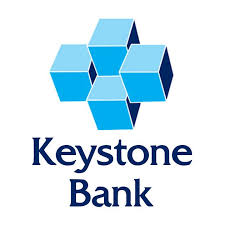A Lagos court has frozen multiple bank accounts after a Keystone Bank system malfunction artificially inflated account balances, allowing unauthorized
A Lagos court has frozen multiple bank accounts after a Keystone Bank system malfunction artificially inflated account balances, allowing unauthorized withdrawals totaling ₦5.7 billion, according to court filings.
Justice D.E. Osiagor of the Federal High Court in Lagos granted a motion on February 18, 2025, ordering banks to block transactions on the affected accounts until further hearings.
The accounts, spread across Opay, Providus Bank, Sterling Bank, Access Bank, Zenith Bank, TAJ Bank, GTBank, First Bank, Moniepoint, Fidelity Bank, and United Bank for Africa (UBA), collectively hold the disputed funds, according to court documents.
According to an affidavit sworn by Keystone Bank, the unauthorized updates occurred between February 1 and February 12, 2025, when a routine account review uncovered an inflated available balance that did not match any legitimate credit transaction.
Further investigation revealed that technical glitches had artificially increased balances across multiple naira-denominated accounts, enabling unauthorized withdrawals.
The N5.7 billion was then funneled through 21 accounts before being transferred to various secondary recipients, according to Keystone’s filing.
Investigators are now mapping out the movement of funds and assessing the level of involvement of various banks.
Typically, first-level beneficiaries receive the initial inflow, while second-level beneficiaries receive funds that have been further dispersed, adding layers of complexity to the probe.
This isn’t the first time a Nigerian bank has been caught in a large-scale transfer error.
Such cases are raising concerns about how well Nigerian banks safeguard interbank settlements, especially as transaction volumes surge.
